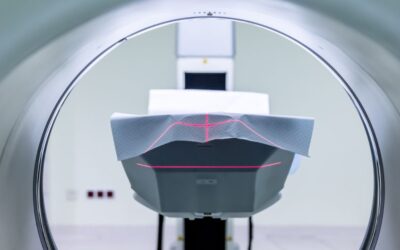Traumatic brain injury (TBI) can have a wide range of short- and long-term consequences, including physical, cognitive, and psychological effects. Because of this, rehabilitation and support services are often very important for TBI survivors to get better.
Rehabilitation for TBI typically focuses on helping individuals regain function and independence and may include a range of therapies and activities. Physical therapy, for example, can help individuals with TBI improve their mobility, strength, and balance, while occupational therapy can help them with activities of daily living such as dressing, bathing, and cooking. Speech and language therapy can help individuals with TBI improve their communication skills, and cognitive therapy can help them with memory, attention, and problem-solving.
Rehabilitating someone with a TBI may also involve going to a special facility, like an inpatient rehab center or a day treatment program. These programs can help people with TBIs that are more severe or who need more help to get better. They can provide intensive, focused rehabilitation services.
TBI survivors may also benefit from support services that can help them deal with the long-term effects of their injury. These can include counseling and therapy to deal with mental and emotional problems, as well as support groups and peer mentoring programs to connect with other people who have had a TBI.
How To Get Rehabilitation Services After TBI
There are several ways to access rehabilitation services after a traumatic brain injury (TBI). Here are a few options to consider:
- Talk to your doctor. Your doctor can tell you about rehab services in your area and point you in the direction of a rehab specialist or facility.
- Contact a center for TBI rehabilitation. Many hospitals and rehabilitation centers offer specialized services for TBI rehabilitation. You can look for information about TBI rehabilitation programs online or call local hospitals.
- Contact a TBI support group. TBI support groups may be able to tell you about local rehabilitation services and put you in touch with people who have been through TBI rehabilitation.
- Contact your insurance provider: Your insurance provider may cover some or all of the costs of rehabilitation services. Contact your insurance provider to find out what is covered and how to access the services you need.
- Contact your state or local department of health: Your state or local health department may have information about rehabilitation services in your area and may be able to help you find and use these services.
To help you recover and regain as much function as you can after a TBI, it’s crucial to receive rehabilitation services. They help people regain function, deal with the long-term effects of their injury, and keep their independence. By using these services, people who have had a TBI can improve their quality of life and increase their chances of getting better. By using these services, you can make your life better and improve your chances of getting better.



